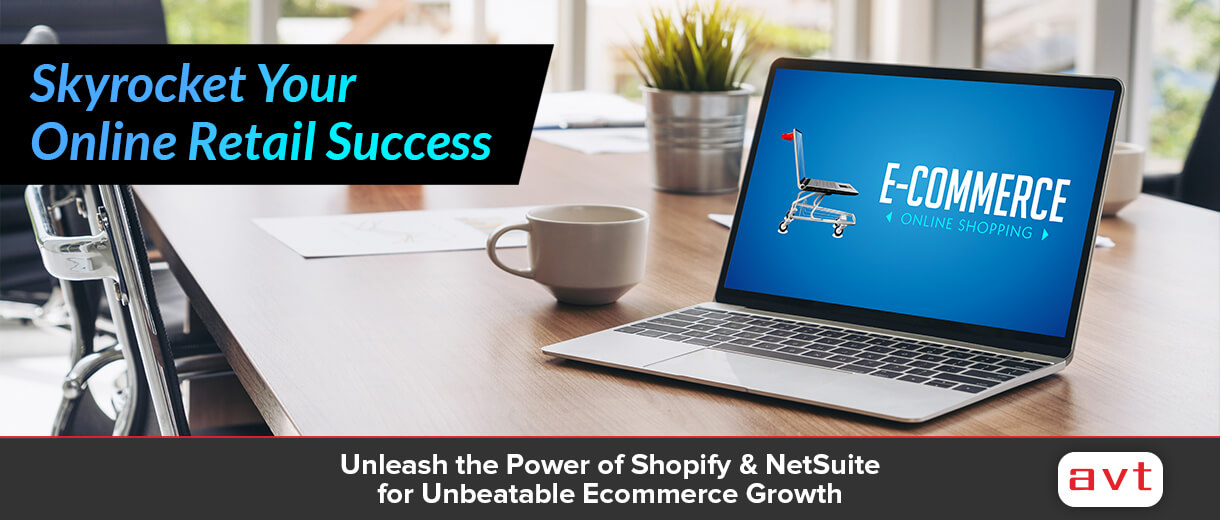
10 Signs your business has outgrown Xero – 2024
Leveraging Integrated Systems: Unlocking Streamlined Operations and Enhanced Reporting
In today’s rapidly evolving business landscape, the ability to adapt and thrive hinges on the efficiency of your operations and the depth of your insights. Welcome to a world where leveraging integrated systems is not just a choice but a strategic imperative. In this article, we delve into the transformative power of integrated systems, guiding you through a journey of streamlined operations and enriched reporting. Discover how embracing these systems can propel your business into a realm of unprecedented efficiency and strategic advantage.
Introduction
Xero is a successful small business accounting system and is competitive and easy to use and deploy. As your business expands, you might come to the realisation that operational challenges are emerging, impacting your business’s well-being and causing discomfort.
Navigating the Growing Pains: Xero’s Struggles as Your Business Expands.
Here are 10 Signs to assist you in navigating these challenges and preparing for a more favourable solution:
1. Xero is Slowing Down Your Month-End Close Actions and Timing Out:
You may notice that reporting is taking longer to run in Xero, and often your transaction volumes are increasing. Things are not as fast as they used to be, and reporting screens may frequently time out.
2. Dependency on Extensions and Third-Party Modules:
You may find that you are using many external systems that feed data into Xero, such as inventory control and purchasing systems. You might also be using third-party applications for commission calculations and AP payments. Spending extra time executing three-way matching to pay suppliers, and having to approve supplier bills and invoices via another system, can impact your AP runs. The total cost of ownership may exceed that of investing in one integrated ERP system that meets all your needs.
3. Lack of Real-Time Business Insights:
Your business reporting needs have outgrown basic financial reports, and you’re looking for business insights, KPIs, and implementation of billing, purchasing, and operational controls. In comparison to an ERP solution, Xero fails to offer the same level of control, flexibility, and precision that growing businesses need. Often, you need to run these tasks outside the system, which creates rework and delays.
4. Absence of Local, Specialised Support:
Xero supports multiple countries and add-ons, offering varying levels of technical support. Having a locally based partner is essential, as they understand the local environment and how your system has been customised. They can provide tailored support with specialised expertise. You need automation and localisation features to operate your business successfully but may not be sure how to achieve that.
5. Delayed Month-End and Prolonged Reporting:
As Xero is a standard accounting package designed for small businesses, it is common for businesses to use spreadsheets to fill in the capability gaps that Xero lacks. You may have multiple staff spending significant time on manual and repetitive reporting tasks or joining data in spreadsheets from various add-ons. Employee time could be better spent on valuable, revenue-growing tasks.
6. Limited Automation:
As your business grows in size and complexity, your business model and processes also become more complex. Add-ons can act as band-aid solutions for any gaps in your system; however, Xero has limited customisability. Therefore, as you add more products, complex supply chains, more employees, locations, and customers to your business, your solution can become quite the opposite, causing more delays and errors than it’s worth.
7. Inadequate Technical Support:
Xero only offers online support, which can hinder operations if you need support for critical day-to-day operations, such as running payroll on time. When you invest in an ERP solution, partner with AVT, we become your go-to critical help and support partner. We understand your business, processes and strategic drivers and work closely with you to deliver to your operational and reporting needs.
8. User Access Control Challenges:
Xero doesn’t offer the same level of flexibility or role-based user access levels as an ERP. Your business could be lacking safeguards against fraud and be unable to provide audit trails in the event of data breaches. Business applications and data require additional logins, so granting or revoking access means repeating the same process across multiple apps, increasing the risk of errors. System audit trail are now standards for meeting compliance and audit.
9. Manual Approval Processes:
Xero doesn’t have sophisticated permission functionality or the ability to set up automated workflows. This means you could be manually approving requests and have no way of adequately controlling workflow approvals and levels of authority. Implementing thresholds for automated approvals and routing will require implementing business rules around tolerance and approval limits.
10. You Need Multiple Company Entity Management, Reporting, Consolidation, and Elimination:
While Xero may manage some of this, as your business operations grow and transaction volumes increase, you would want a system that scales with business needs and provides controls and automations to achieve compliance and efficiencies.
If your business is experiencing any of the above signs, it might be time to consider a scalable accounting package that manages finance and operational needs for your organisation. ERP software is designed for small to large businesses that have outgrown their off-the-shelf accounting package. As a scalable solution that grows with your business, it can be tailored to your unique growing business needs, allowing you to get a complete end-to-end view of all business processes.
Oracle NetSuite ERP System – The #1 Cloud Business Management System
The only ERP you’ll ever need
NetSuite is a cloud-based accounting package with over 32,000 customers, offering process automations, workflow management, dashboards, and reporting. The software delivers CRM, Order Management, Inventory Management, WMS, HCM, Payroll, Accounting, Banking, Fixed Assets, Revenue Recognition, Multi-Entity, Multi-Currency, Consolidation, and reporting under one system. To find out more about NetSuite, please visit www.abvt.com.au/netsuite. AVT has been helping over 200+ companies across AU, NZ, UK, and USA migrate to a better and scalable state of operations with NetSuite. Please visit www.abvt.com.au and explore your Ultimate Guide to ERP Software Transformation.
New to NetSuite?
To learn more, AVT – Australia’s Leading NetSuite Solution Provider & Partner has created a complimentary NetSuite ERP Evaluation micro-site to help executives learn more about ERP and its deployment, using pre-recorded process demo videos, White papers and data sheets, so you may evaluate this at your own pace. You can gain access to to the site by completing your Registration in the link: NetSuite Overview Demos.
ERP Resources
One System For Your Entire Company

Evaluate
NetSuite ERP
NetSuite ERP
AVT makes your ERP evaluation easier. Using our NetSuite Evaluation workbook, Questionnaires, IT Roadmapping and ROI Analysis tools your organisation can easily develop a business case for an ERP upgrade project.

NetSuite ERP
Implementation
Implementation
AVT uses its proven implementation methodology to implement solutions. The approach can be tailored to suit the exact requirements of each client, and is documented and agreed by all parties at the project initiation.



